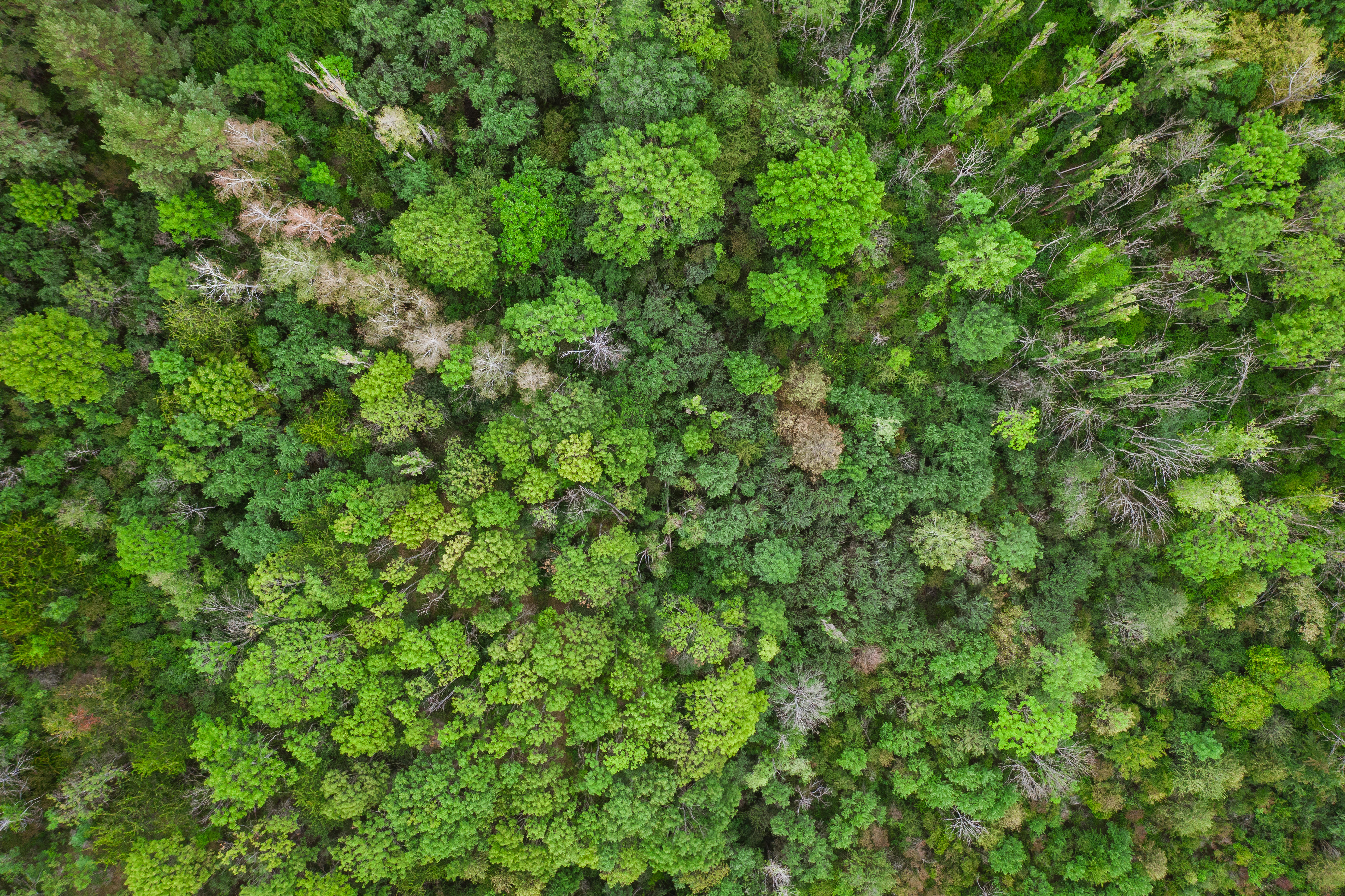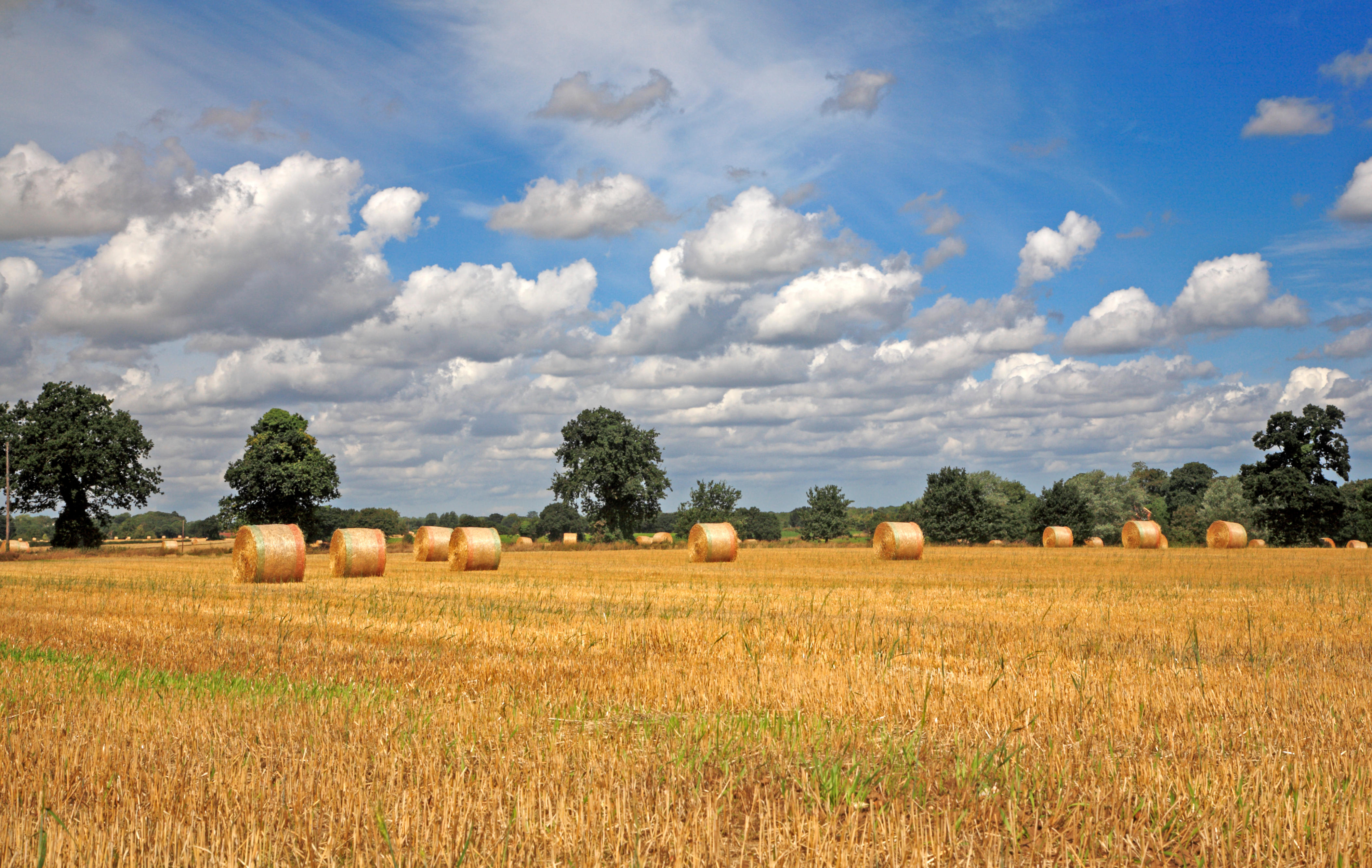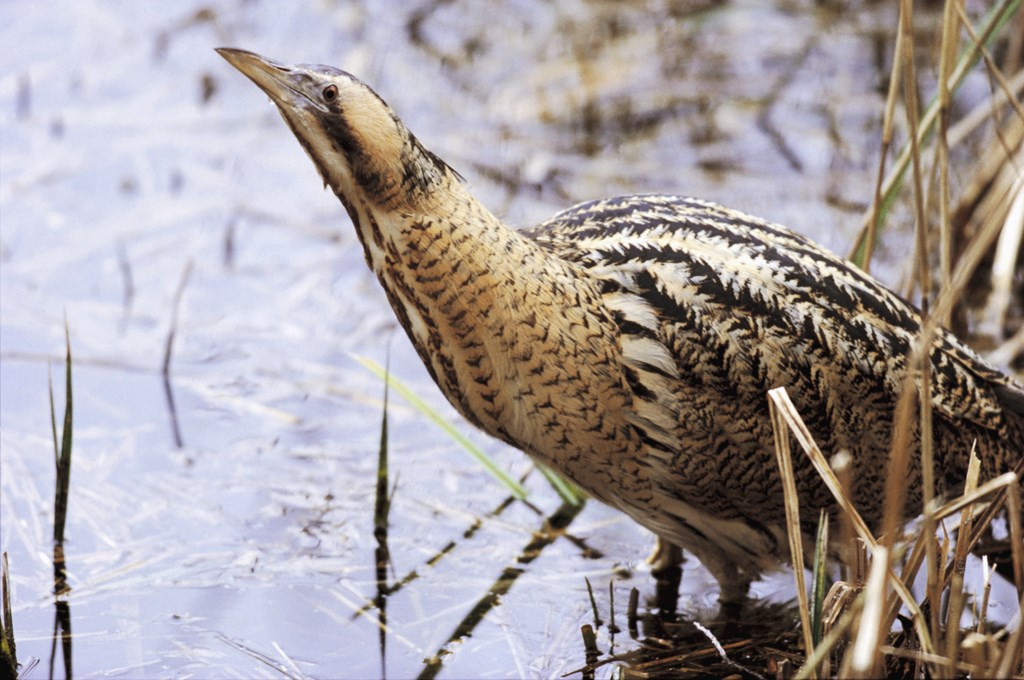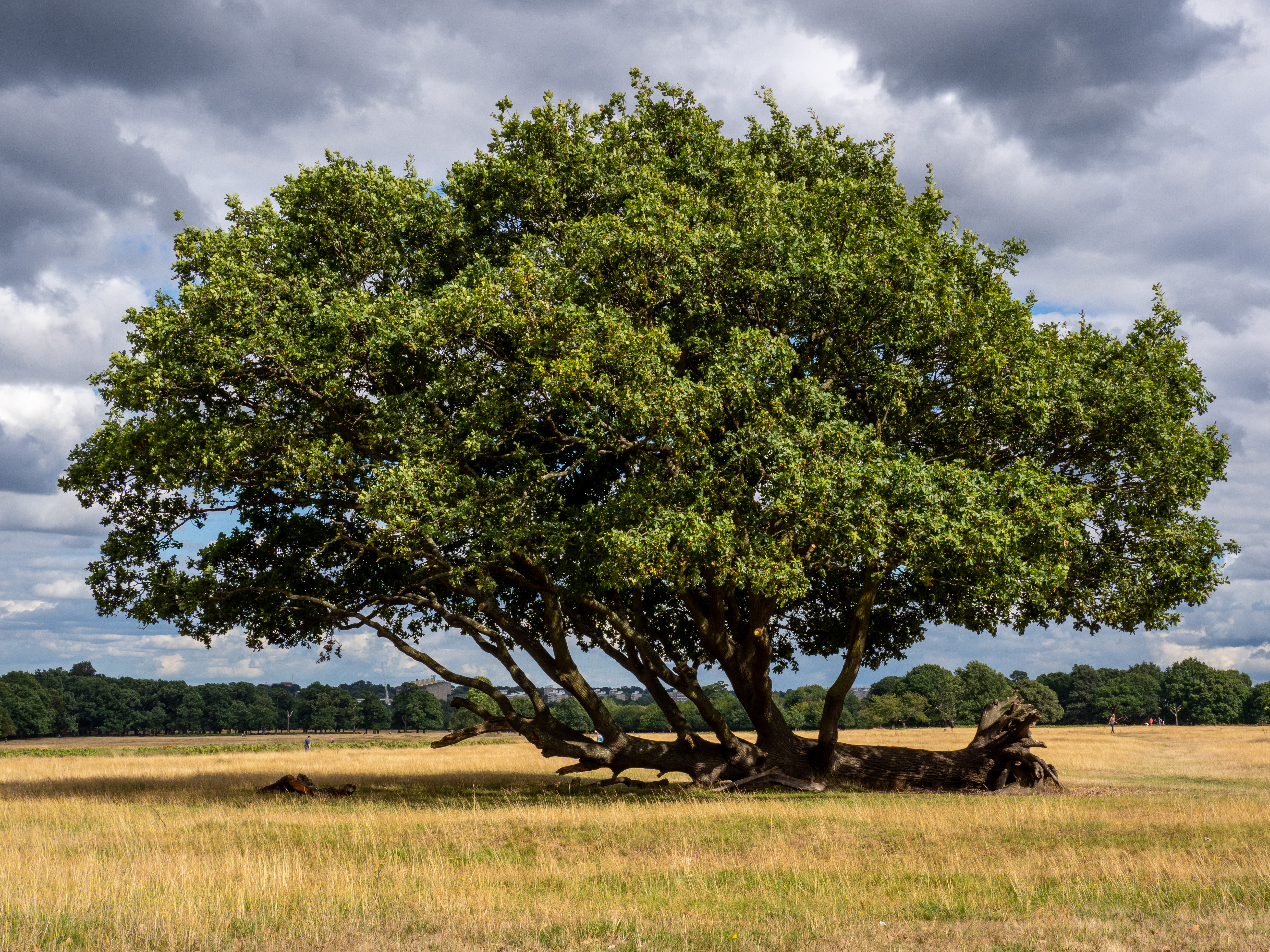Country Life Today: A £1.45 trillion investment could prepare the world for climate change
In today's news round-up, we explore how the world can prepare for climate change, find out what happened when a massive meteorite hit the Earth 65 million years ago and reveal how a little boy fooled the Duchess of Cambridge.


World needs £1.45 trillion to prepare for climate change
The Global Commission on Adaptation has estimated that investments to the tune of $1.8 trillion (about £1.45 trillion) would make the world better prepared to cope with climate change, producing benefits worth more than $7 trillion (£5.66 triillion).
Adaptation strategies should include putting warning systems into place, building suitable infrastructure, improving agriculture, restoring mangrove forests and protecting water supplies.
The day dinosaurs began to die
Scientists have mapped out what may have happened on the day when a vast asteroid hit Earth about 66 million years ago. Examining a portion of rock taken from a crater formed by the asteroid, they have discovered that violent explosions and a tsunami followed the impact, which melted millions of tonnes of rock.
But they found no trace of sulphur in the section they analysed and this led them to believe that huge amounts of the element were released into the atmosphere following the collision. This caused the climate to cool to such an extent and for so long that it made life extremely hard for existing plants and animals, putting an end to dinosaurs.
Farmers step in to fight climate change
The National Farmers Union has set out the strategy through which the industry could become carbon neutral by 2040, ten full years ahead of the Government’s target for the UK.
Exquisite houses, the beauty of Nature, and how to get the most from your life, straight to your inbox.

Steps include reducing emissions through precision farming, planting more trees and hedgerows to absorb carbon and replacing fossil fuels with renewable energy.
Bitterns return from the brink
Twenty years after they almost disappeared from these shores, bitterns (below, courtesy of Andy Hay and the RSPB) have made a big comeback. The males of the species have an unusual booming call that earned them the nickname of Britain’s loudest bird, but you would have been hard pushed to hear it in 1997, when only 11 males were left in the country. Now, a record 198 have been counted at 89 different sites.

Recovery started in earnest in 2006 and numbers have been rising ever since. The RSPB is now asking to support the birds with new environment law and adequate funding.
On This Day... America suffered one of the world’s deadliest acts of terrorism
On September 11, 2001, nineteen members of the al-Qaeda terrorist group hi-jacked four aeroplanes and launched a co-ordinated attack on the United States. Two of the planes struck the World Trade Centre’s twin towers, in New York, making them collapse and killing more than 2,700 people. A third plane hit the Pentagon IN Washington D.C., while, on the fourth, passengers and crew confronted the hijackers and, during the struggle, the airliner crashed on a field in Pennsylvania.
Altogether, 2,977 people lost their lives on September 11, with many more injured.
Help shape the future of England's Jurassic Coast
Devon and Dorset residents have an opportunity to have their say on how the Jurassic Coast will be managed in the future.
The Trust that looks after the World Heritage Site is creating a new Partnership Plan document that will underpin the Coast's management strategy and, as part of the process, it is inviting the public to take part in drop-in consultation days at several venues in Devon and Dorset.
Full story (Bridport & Lyme Regis News)
And finally… A clever disguise
A three-year-old boy was not afraid of correcting the Duchess of Cambridge during her visit to the Royal Horticultural Society's garden this week.
Dylan Corbin was among the youngsters at the royal visit in Wisley, Surrey, and had his face painted for the occasion.
The Duchess asked him, 'Are you a tiger?' to which Dylan replied, 'No, it's face paint'. We would have been fooled too...

Country Life Today: Your favourite tree needs your vote
In today's news round-up, we bring you Britain's most remarkable trees, reveal why Norfolk has three miles of new beaches
Carla must be the only Italian that finds the English weather more congenial than her native country’s sunshine. An antique herself, she became Country Life’s Arts & Antiques editor in 2023 having previously covered, as a freelance journalist, heritage, conservation, history and property stories, for which she won a couple of awards. Her musical taste has never evolved past Puccini and she spends most of her time immersed in any century before the 20th.
